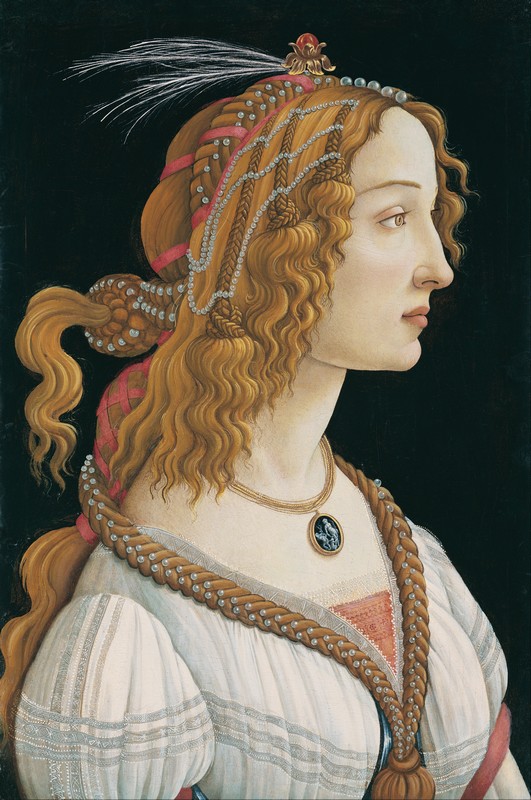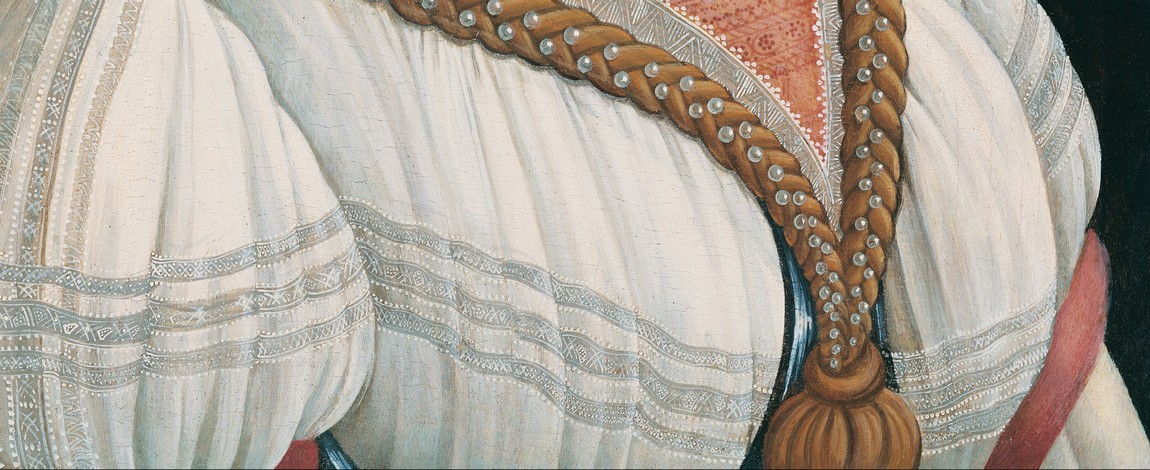
This week’s poem (the last in this series for now, next week we’ll talk about the Schubertiade) doesn’t need much introduction on Liederabend. It begins with the verse “Ich sehe dich in tausend Bildern” and was written by Novalis; I spoke about it in some detail when we listened to its first musical setting, by Franz Schubert, and later we heard it set to music by Max Reger and by Joseph Marx.
The one who does need an introduction is the composer of the fourth version we’re adding to the list: Viktor Ullmann. I’ll save that for next season, because if I start now, this won’t be a short post anymore. For now, I’ll just tell you that Ullmann, born in Teschen (a city now divided between Poland and the Czech Republic), studied briefly in Vienna with Arnold Schönberg and spent most of his career in Prague, until he was deported to Theresienstadt (or Terezín, in Czech) in 1942. We’ve already talked about the particular circumstances of that concentration camp; Ullmann continued composing music there until October 1944, when he was transferred to Auschwitz, where he was murdered two days after his arrival.
The works he composed in Terezín have been preserved, while many of those written earlier have been lost. The cycle of six songs Geistliche Lieder, Op. 20, was published in Prague in 1940, and thanks to that we can still listen to it today. Marienlied is song number 4, and we’ll hear it performed by Christine Schäfer and Axel Bauni. The Virgin Mary can be sung to in atonality, too.
Ich sehe dich in taüsend Bildern,
Maria, lieblich ausgedrückt,
Doch keins von allen kann dich schildern,
Wie meine Seele dich erblickt.
Ich weiss nur, dass der Welt Getümmel
Seitdem mir wie ein Traum verweht
Und ein unnennbar süsser Himmel
Mir ewig im Gemüte steht.
In countless pictures I behold thee,
O Mary, lovelily expressed,
But of them all none can unfold thee
As I have seen thee in my breast!
I only know the world's loud splendour
Since then is like a dream o'erblown;
And that a heaven, for words too tender,
My quieted spirit fills alone.
(translation by George MacDonall)















Comments powered by CComment